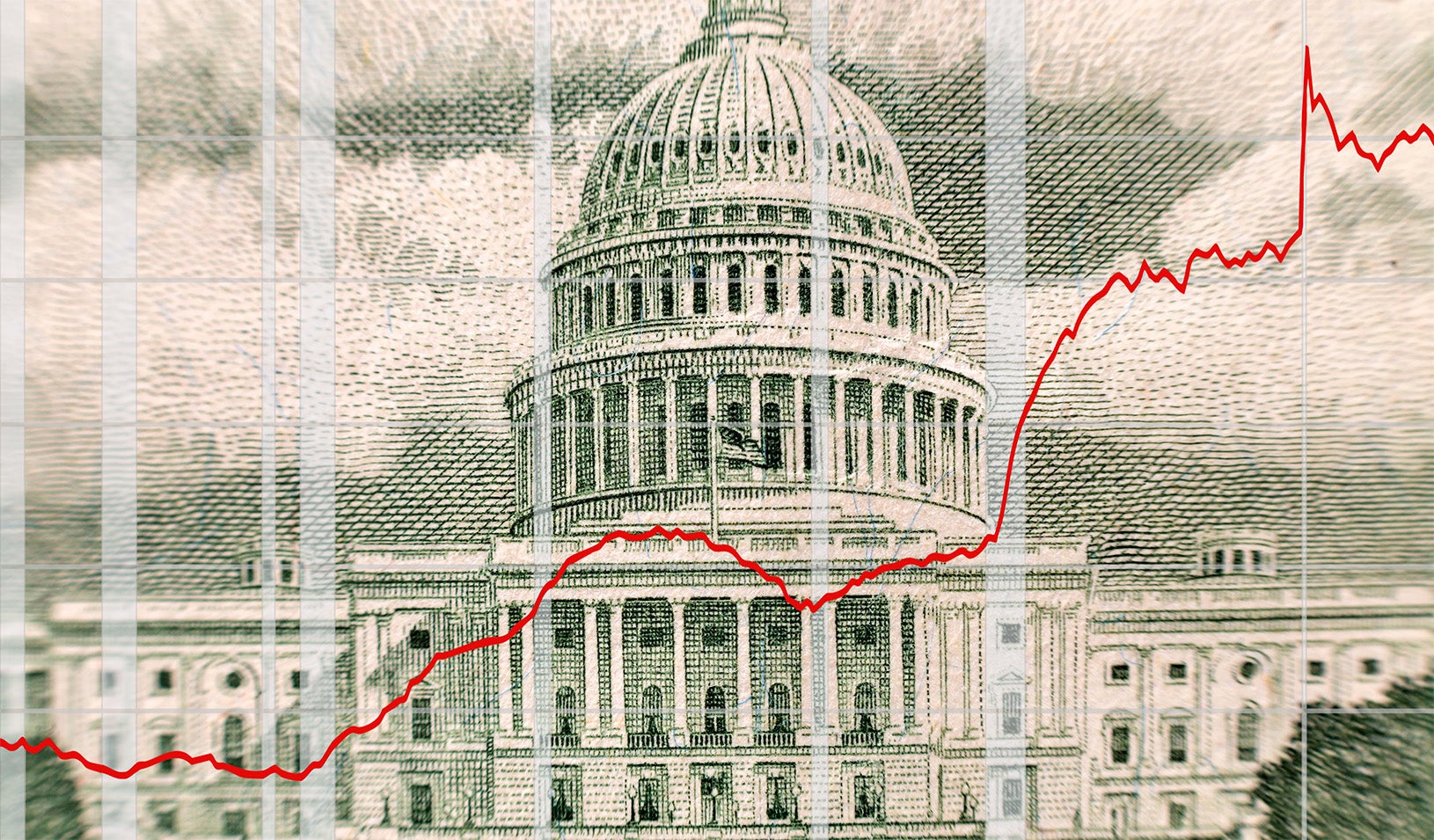August 27, 2020
| by Edmund L. AndrewsBribery doesn’t necessarily involve suitcases of cash, all-expense-paid vacations, or secret gifts of jewelry. For people who don’t want to get caught, subtlety can be more practical.
In a remarkable study of statistical sleuthing, coauthored by Amit Seru, a professor of finance at Stanford Graduate School of Business, researchers have documented how banks in China used generous credit card lines as “disguised corruption” to influence local bureaucrats.
Drawing on detailed historical customer data provided by a major Chinese bank, the researchers found that local government officials got significantly higher credit limits on their credit cards than non-bureaucrats with comparable incomes and credit histories. The more senior the official, the bigger the favoritism.
The higher credit lines had nothing to do with an official’s lower credit risk. On average, in fact, the local bureaucrats were more likely to fall delinquent. They were also more likely to have their debts forgiven and their credit cards reinstated.
What did the banks get in return? The biggest benefit may have been regulatory help. Opening a new bank branch in China requires signoffs from multiple local government agencies, so it helps a bank’s expansion plans to have a wide range of sympathetic bureaucrats. Indeed, the researchers found, cities in which local bureaucrats got the most preferential treatment tended to be those with the most bank branches.
A second likely benefit came in the form of higher deposits from government agencies, the researchers found. And because municipal and provincial officials have sway over an array of financial deals, they were also in position to give the banks other government business.
A Global Issue
“This isn’t just an issue for China,” Seru says. “In emerging economies, such as India and Brazil, most of the credit is moderated through banks controlled by the state and corruption happens rampantly through banks.”
The United States and other advanced industrial economies are also vulnerable, Seru notes. Prosecutors in New York are investigating favorable treatment that Deutsche Bank may have extended to President Trump’s companies before he became president. And Goldman Sachs recently paid $4 billion to settle claims arising from a massive embezzlement at one of its clients, Malaysia’s state-run investment fund.
“The whole pretense that Western economies operate with governance that makes them immune to such practices is ridiculous,” Seru says. “If you look at the political discourse in the U.S. over the past four years, you don’t need a forensic study or big data to say we should be worried. Corruption and governance problems stare at us on a daily basis.”
The advantage of using preferential credit card lines to bribe government officials is that the practice is extremely hard to detect. A mid-level bureaucrat who uses cash to buy a diamond necklace might attract attention, but one who uses their own credit card to do the same thing won’t even be asked about it.
Without access to detailed data on tens of thousands of customers, it’s hard to detect if some customers are getting special treatment. Even when there are suspicious disparities, banks can usually rationalize their decisions by invoking their opaque credit policies.
Database Detectives
To get at truth, Seru and his colleagues — Sumit Agarwal and Wenlan Qian at National University of Singapore, and Jian Zhang at University of Hong Kong — analyzed data from a major Chinese bank on 185,000 credit card customers from 2003 through 2005.
Though the database didn’t reveal customer names, it did disclose each customer’s occupation, income, age, gender, income, and credit record.
On average, the researchers found, government officials received credit lines that were 16% higher than non-officials with comparable incomes and demographic characteristics. On average, the bureaucrats had credit limits equal to about $3,000, while the average limit for non-officials was about $2,700. Officials with greater seniority received particularly generous credit limits: about 35% higher than non-officials with the same incomes.
Meanwhile, the bureaucrats were 15% more likely than non-official customers to fall delinquent by at least three months. And when officials did fall behind, they got more lenient treatment. On average, delinquent officials were 5.5% more likely than non-officials to have their account reinstated.
By coincidence, due to political discourse, Chinese federal authorities instituted a one-year crackdown on corruption, one province after another, during the period that the researchers were studying. Sure enough, the disparities in credit limits disappeared — at least temporarily — in each province after it went through its crackdown.
The good news, says Seru, is that authorities do have the capacity to track down and stop disguised corruption. The bad news is that the vigilance has to be constant.
For media inquiries, visit the Newsroom.






